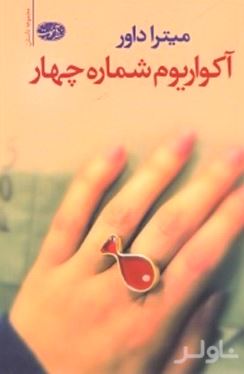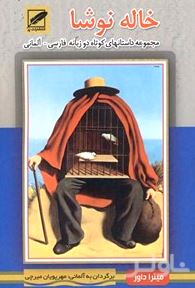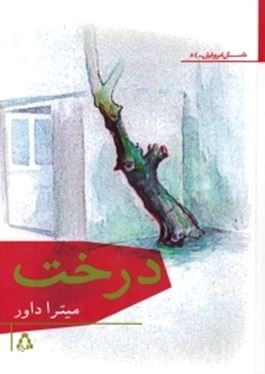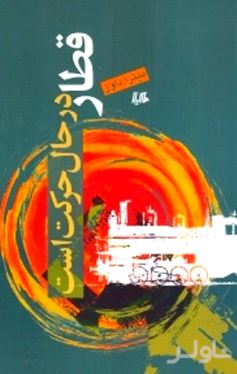|
نویسنده :
میترا داور
ناشر :
آموت
۰ از ۵
|
|||
|
نویسنده :
میترا داور
ناشر :
پر
۰ از ۵
|
|||
|
نویسنده :
میترا داور
ناشر :
افراز
۴/۴ از ۵
|
|||
|
نویسنده :
میترا داور
ناشر :
هیلا
۰ از ۵
|





